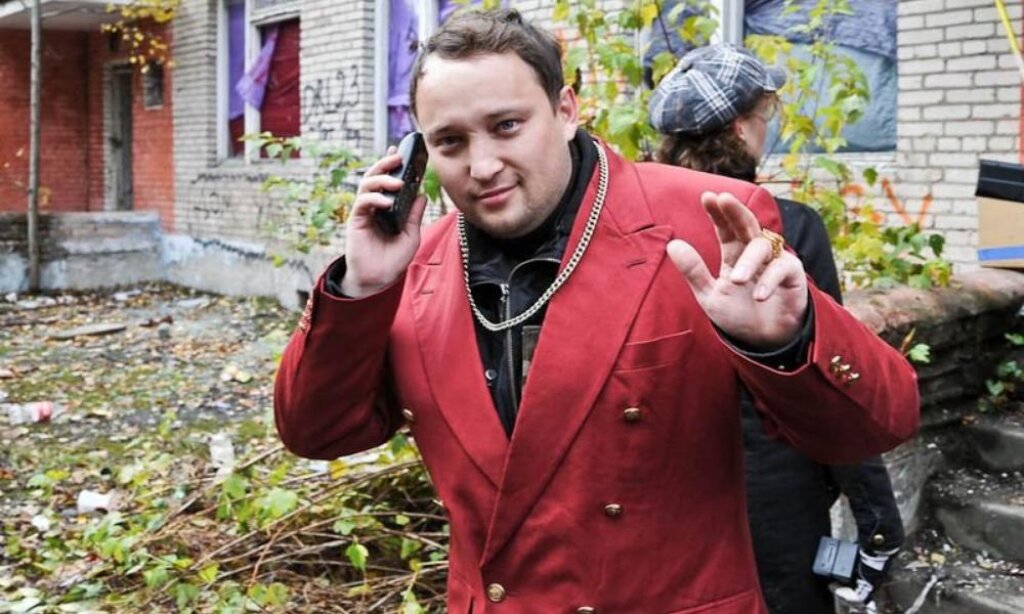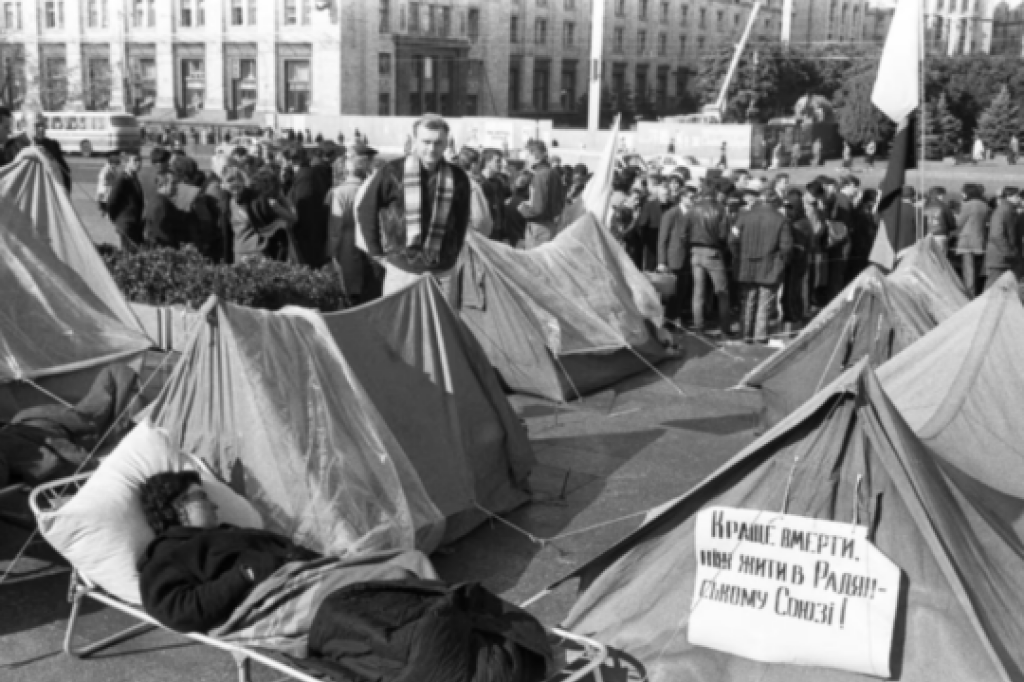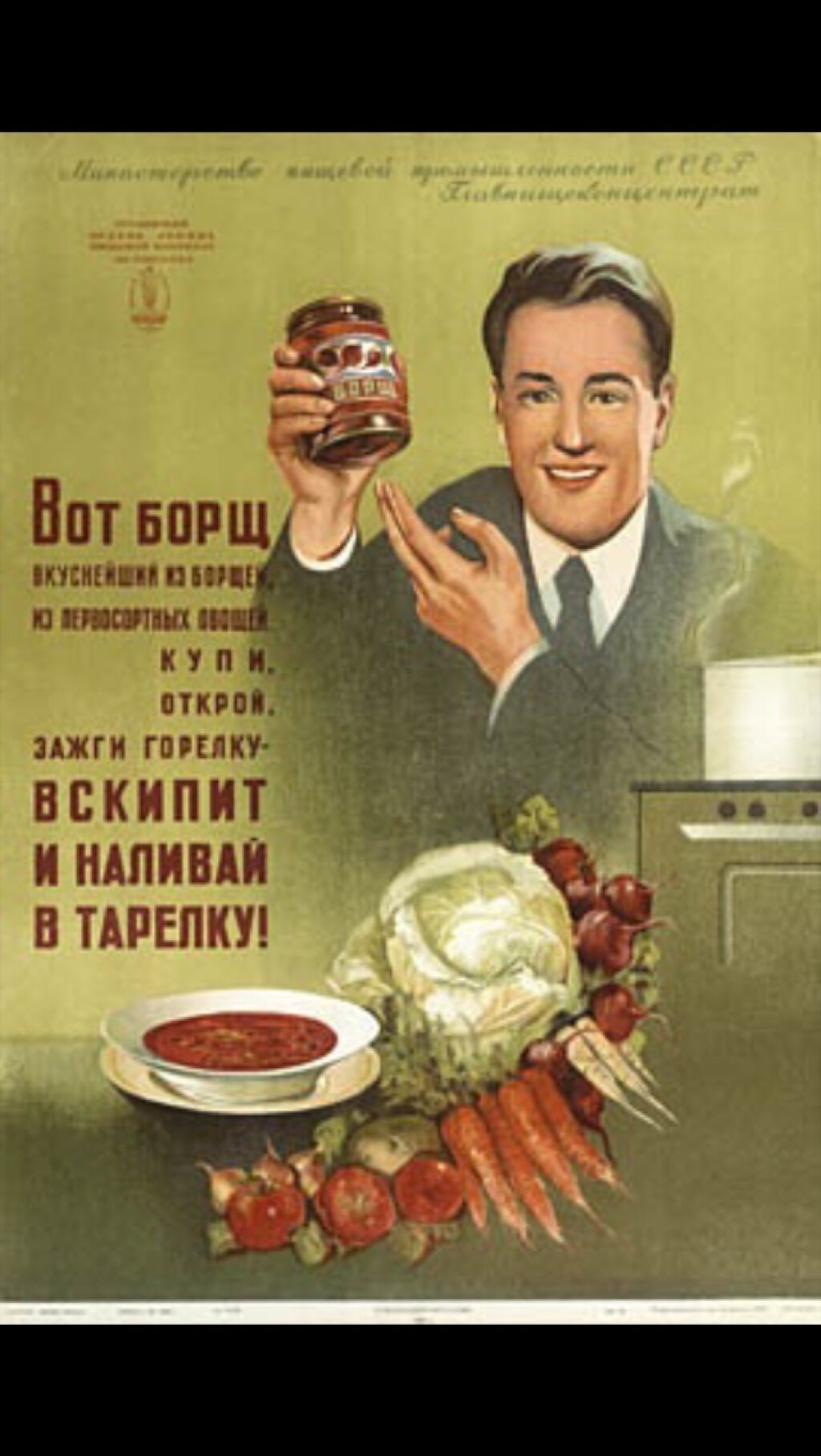This is the second entry of Chapter 2 of Russia’s Alien Nations: The Secret Identities of Post-Socialism, an ongoing feature on All the Russias. It can also be found at russiasaliennations.org. You can also find all the previous entries here.
In 1999, when my study of Russian mass culture was at the stage where I was still casting my net widely, I decided to investigate the new Russian romance novel. The results were not encouraging; so disheartening, in fact, that I decided there was no need to include the topic in my research.
What I found in my admittedly unscientific survey of Moscow bookstores was hundreds of translated bodice-rippers (mostly from the Harlequin line), and virtually no Russian-sounding names on the Romance shelves. In the end, I only found two to take home, and their titles did not simply speak volumes; they obliquely spoke to the absent volumes of locally produced romance fiction. One was called “Богатый муж” (“Rich Husband”), and the other bore the title “Замуж за новым русским” (“Married to a New Russian”).
Were I to do a similar search now, I would find a treasure trove of love stories written by and for Russian women. The paucity of such tales in 1999 struck me a useful data point, however. The small number of books showed how new this particular market niche was, and the painfully generic titles only reinforced this conclusion: in English-speaking countries, calling a romance novel “Rich Husband” is like calling a crime novel “Murderer.” You might be able to get away with it, but only when you still have the market cornered.
The titles also suggested a potential problem for the genre’s Russification. Less than ten years after the end of communism, where is a wealthy suitor to be found? And if he is found, what are the chances that he is not a criminal? Just as Prince Charming is hard to locate in the absence of hereditary titles, rich men who came by their money honestly were not exactly thick on the ground. In fact, they were nigh on inconceivable.
Unfortunately, my copy of Married to a New Russian has not survived the two decades and, at last count, eight different offices since I rescued it from a crowded bookshelf on Tverskaya Street. Its lack of an Internet footprint would be the envy of a fugitive oligarch, but doesn’t help me reconstruct its contents. So I am left judging this book not even by its cover, but solely its title.
Lucikly, Married to a New Russian is a title that says it all. The phrasing, reminiscent of the 1988 American comedy Married to the Mob (“Замужем за мафией” in Russian), combines wealth with an appropriate whiff of criminality. Russian literature’s longstanding problem with positive heroes had come to a crisis point in the early post-Soviet years: who could the “good guys” possibly be? Or, in terms more appropriate for the romance novel, was a good man ever harder to find?
At first glance, romance novels might seem like a perversely oblique entry point into the phenomenon of the New Russian, but the genre actually highlights two fundamental features that define the phenomenon. First, to state the obvious, the New Russian is male. This could simply be a matter of grammatical gender and the tendency to consider a human type masculine unless otherwise specified, but even a cursory survey of the term’s uses show that it has little room for women. The “novyi russkii” is a man, and there was initially no corresponding “novaia russkaia” to denote a rich Russian (business)woman. When Serguei Oushakine did research on popular notions of the “new Russian woman,” the term he used was “novaia russkaia zhenshchina,” which, far from a term of art, proved open to a wide variety of interpretations and imagined lifestyles. The recent television series based on Elena Kolina's "Diary of a New Russian Woman" series (Dnevnik novoi russokoi) may have made the "novaia russkaia" more available as a term, but, now that the "New Russian" phenomenon has become part of a bygone historical moment, it seems unlikely to catch on.
The second feature appears obvious, but holds the promise of intriguing cultural ramifications. The New Russian is, of course, rich. As a fictional character, he is more obviously at home in the genres of crime, political/economic intrigue, and humor. His inclusion in romance puts the character type under a particular stress that emphasizes the moral complexity underlying the New Russian and his role in post-Soviet culture. For the New Russian to be a worthy partner to a romance heroine, he has to have the admirable qualities that, in his “home genres,” he so demonstrably lacks.
The New Russian is not just simply a “bad” or “crass” rich person; his riches are tainted by the original sins of post-Soviet capitalism. Late Capitalism in the West fosters the illusion of the deservedly rich, or, at the very least, the socially responsible rich (largely through philanthropy). The New Russian could not have inherited his money, nor could anyone say with a straight face that he came by it honestly.
Were we to stop there, the New Russian would appear to be an understandable target for simple class-based resentment, and his story might end with a latter-day storming of the Bastille (or, more appropriately, the Rublyovka) and the beginnings of economic justice. But the deployment of the New Russian rarely seemed to point his readers and viewers in the direction of social engagement. In fact, the New Russian served a dual role in popular consciousness: he represented not just the injustices of the new system, but a deep discomfort with the problem of wealth itself.
Despised as he may have been, the New Russian crystallized a range of ambient anxieties about humans’ relationship to money. Money in the Russia of the 1990s and early 2000s was like a radioactive isotope in a 1950s monster movie or a 1960s Marvel comic: it had a distorting, mutating effect on those exposed to it directly. Money was the radioactive spider that bit the New Russian Peter Parker.
Sadly, with great power came great irresponsibility.
Work Cited
Ousakine, Serguei Alex. “The Fatal Splitting. Symbolic Anxiety in Post-Soviet Russia.” Ethnos: Journal of Anthropology 66.3 (2001): 291-319.
Next: Words Fail Us



